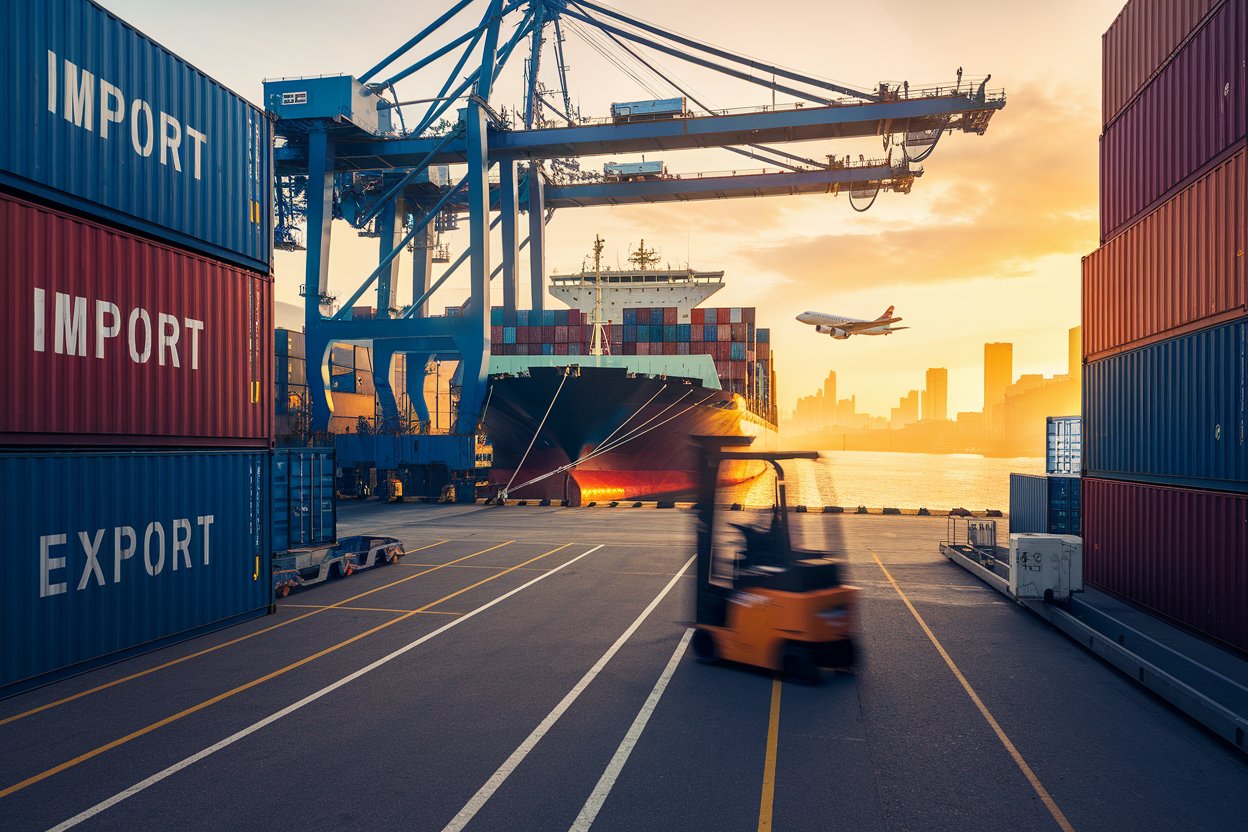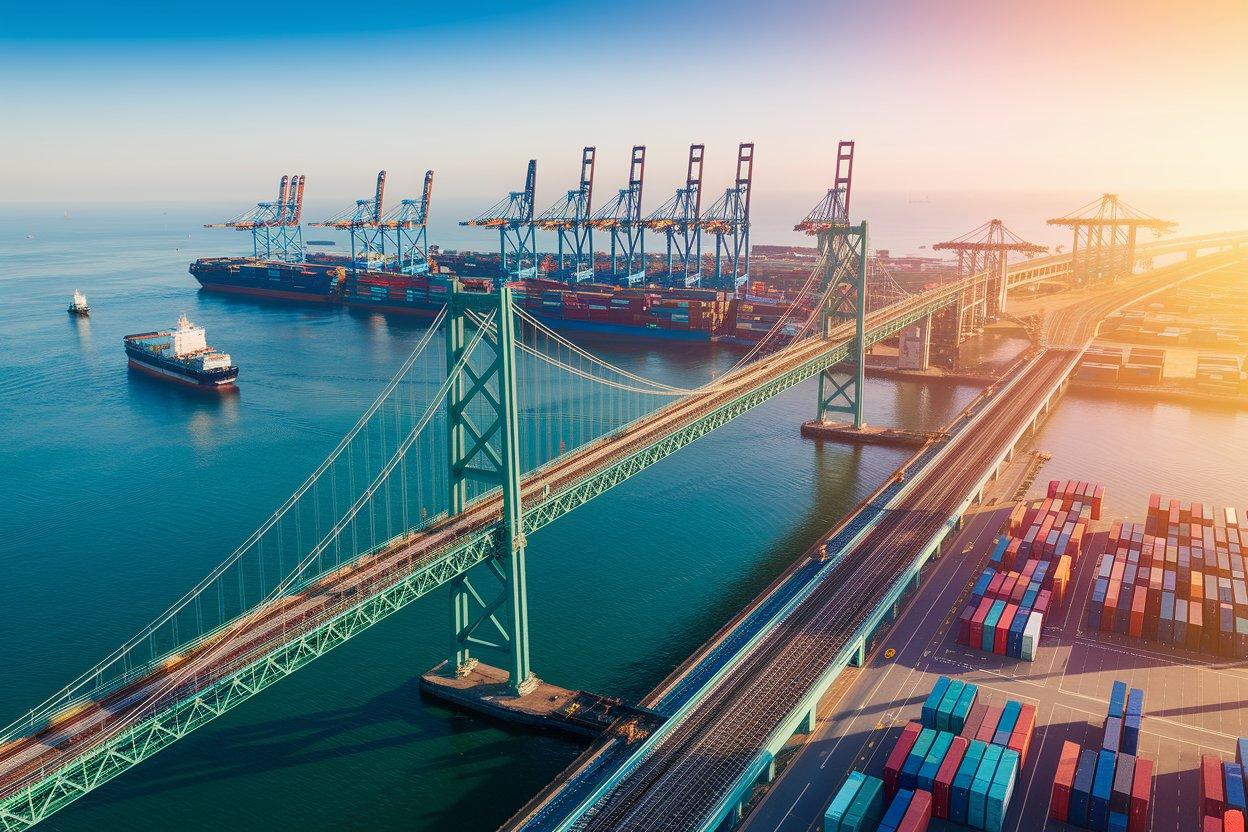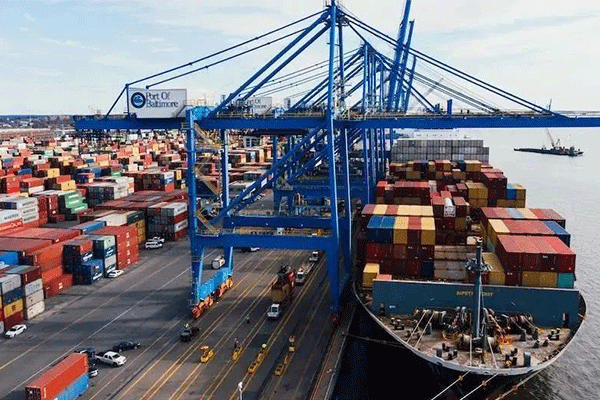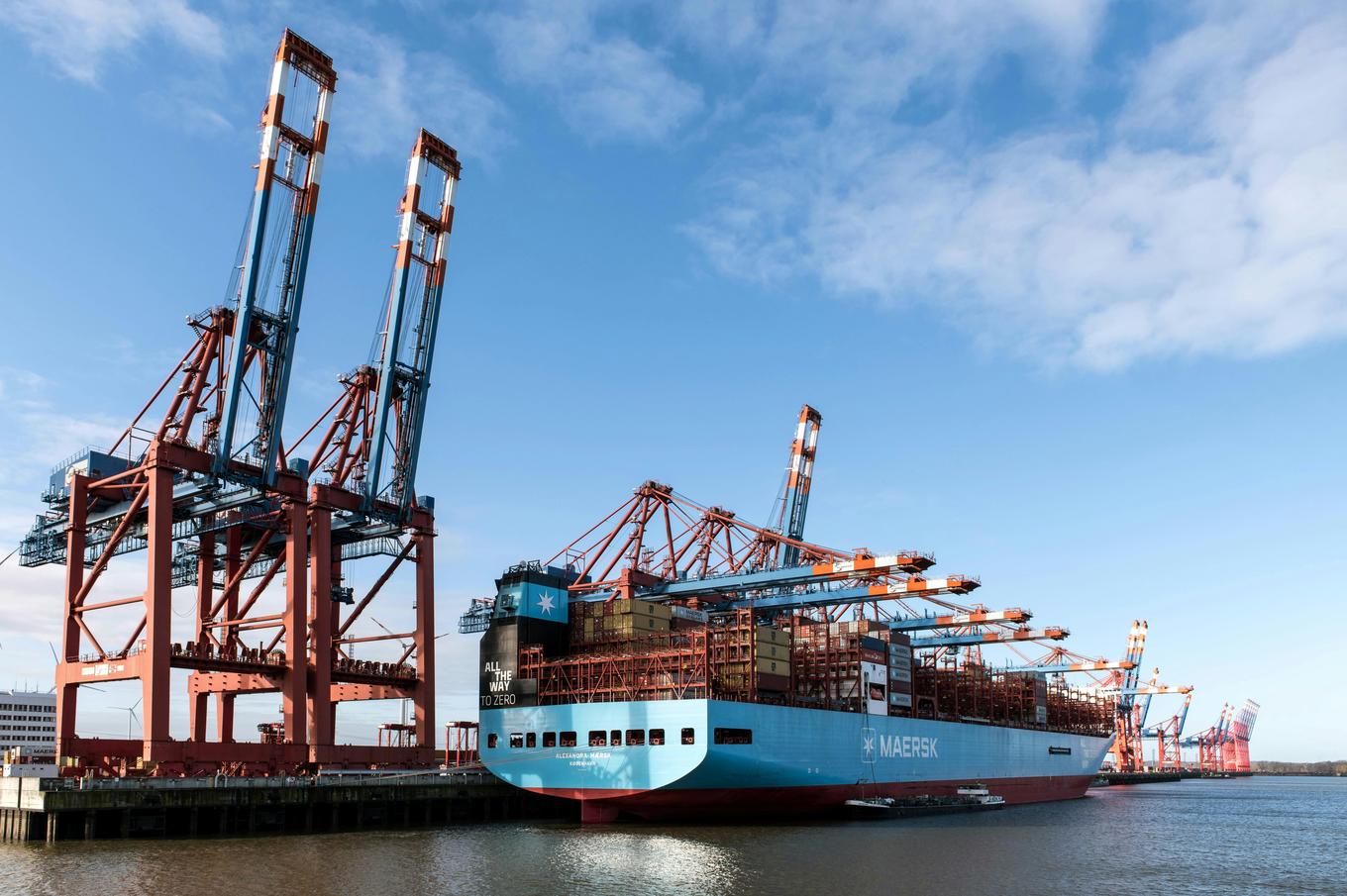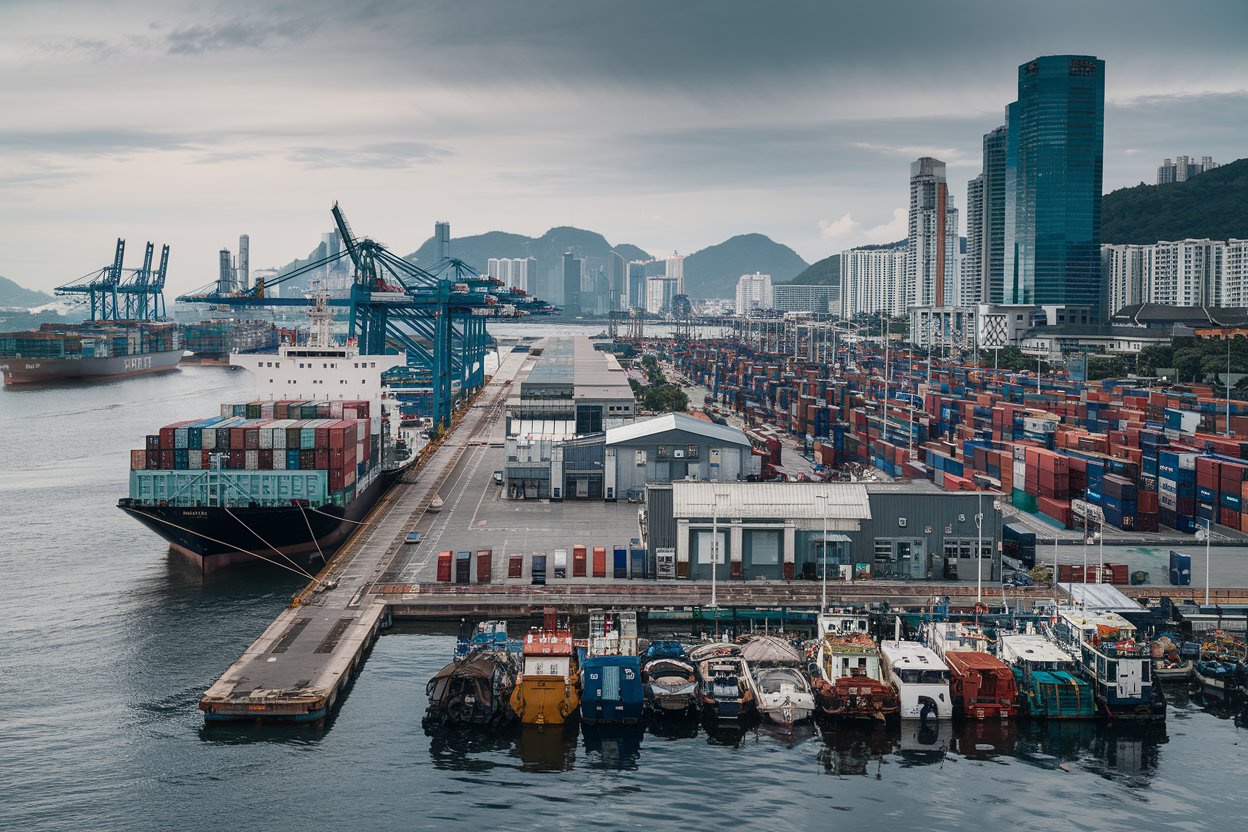- Shanghai Zhongshen International Trade Co., Ltd. - Two decades of trade agency expertise.
- Service Hotline: 139 1787 2118
With theChina-Europe Railway Expressoperation, import enterprises have new opportunities in tax planning. Understanding and making good use of the customs deduction policy for the domestic railway transportation and related fees of imported goods is crucial for reducing customs clearance costs. This article aims to introduce in detail the China - Europe Railway Express and the customs deduction policy for the tax assessment of imported goods, to help enterprises better understand and utilize this policy.
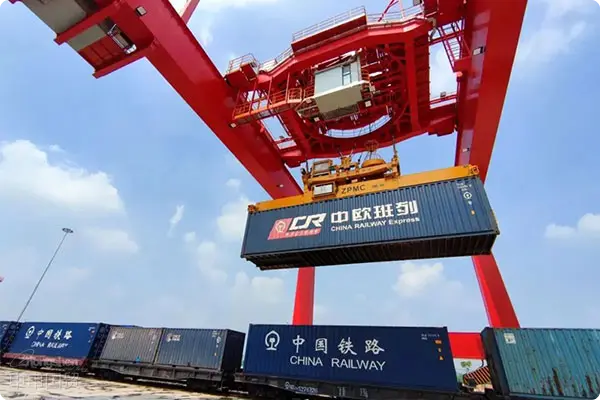
Definition of the China - Europe Railway Express
The China-Europe Railway Express is an international railway intermodal transport service organized by China Railway Corporation, operating on fixed train numbers, routes, schedules, and full-trip timetables. It runs between China and Europe as well as countries jointly building the "Belt and Road" initiative, primarily transporting containerized cargo.
The Customs Measures to Benefit Enterprises
To further reduce the customs clearance costs for enterprises, the General Administration of Customs has implemented the "Deduction of Domestic Rail Freight Costs for Return Cargo of China-Europe Railway Express" policy nationwide. According to this policy, when calculating import duties, eligible domestic rail transportation and related costs will not be included in the dutiable value.
The definition of "domestic railway transportation and related costs"
The "domestic railway transportation and related costs" refer to the transportation and associated expenses incurred from the onward railway transport of imported goods carried by China-Europe freight trains after their arrival and unloading at the designated entry point within China.
Identification Standards
The place of entry in China refers to the place where the imported goods first leave the international means of transport carrying the imported goods after it enters the customs territory of China. In the return transportation of the China - Europe Railway Express, it is mainly manifested as the domestic rail - changing behavior.
Conditions for Applying the Freight Deduction Policy
Enterprises can apply the freight deduction policy under the following circumstances:
(a) The domestic railway transportation and related fees are separately listed;
(b) The taxpayer can allocate them according to objective and quantifiable standards and provide corresponding evidence.
Required Materials
Enterprises need to provide the following materials to enjoy the freight deduction policy:
Freight invoices and other documentary materials clearly listing the freight details.
Objective and quantifiable deduction standards and evidence, including the current freight rates of each section of the China - Europe Railway, the proportion of transportation and related costs before and after unloading, the proportion of transportation distances, etc.
Customs Declaration Form Filling Requirements
1. For imported goods that do not include transportation and related costs (such as under FOB or EXW trade terms), the taxpayer shall declare the transportation and related costs incurred before unloading at the domestic place of entry in the "Freight" column of the customs declaration form.
2. For imported goods that already include transportation and related costs (such as CIF, C&F transaction methods), the taxpayer shall report the domestic railway transportation and related costs already included in the declared price in the "Miscellaneous Fees" column of the customs declaration form in a negative value format.
When enterprises use the China - Europe Railway Express for the transportation of imported goods, by correctly understanding and applying the customs deduction policy for the tax assessment of imported goods, they can effectively reduce customs clearance costs. This not only involves an accurate understanding of the policy, but also the preparation of necessary materials and the correct filling of the customs declaration form. Enterprises should make full use of this policy to optimize tax planning and thus gain a greater competitive advantage in international trade.
Related Recommendations
? 2025. All Rights Reserved. Shanghai ICP No. 2023007705-2  PSB Record: Shanghai No.31011502009912
PSB Record: Shanghai No.31011502009912
